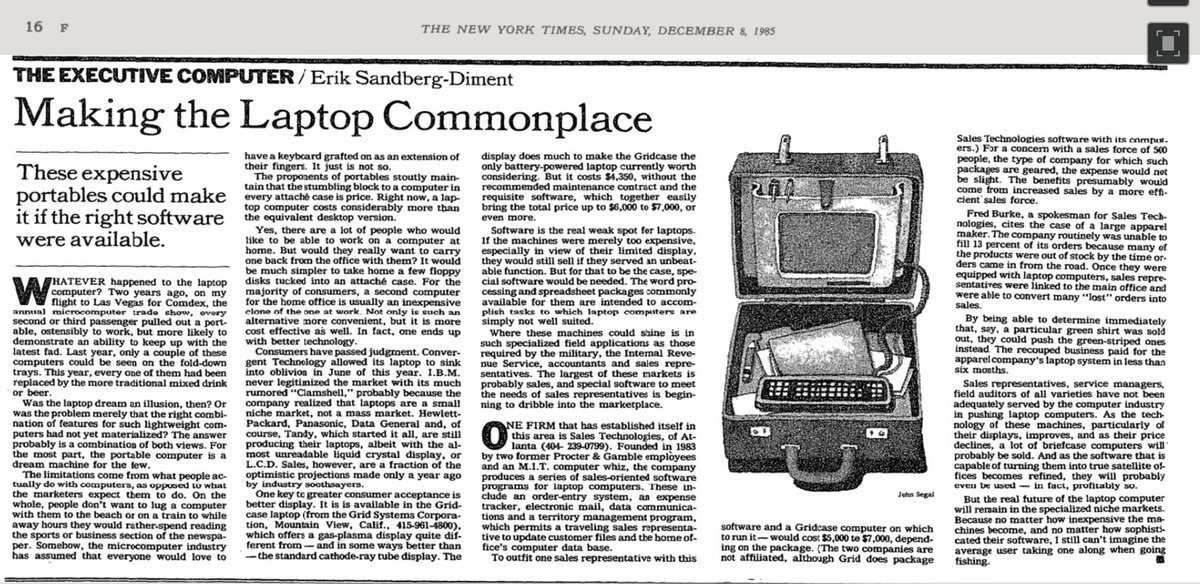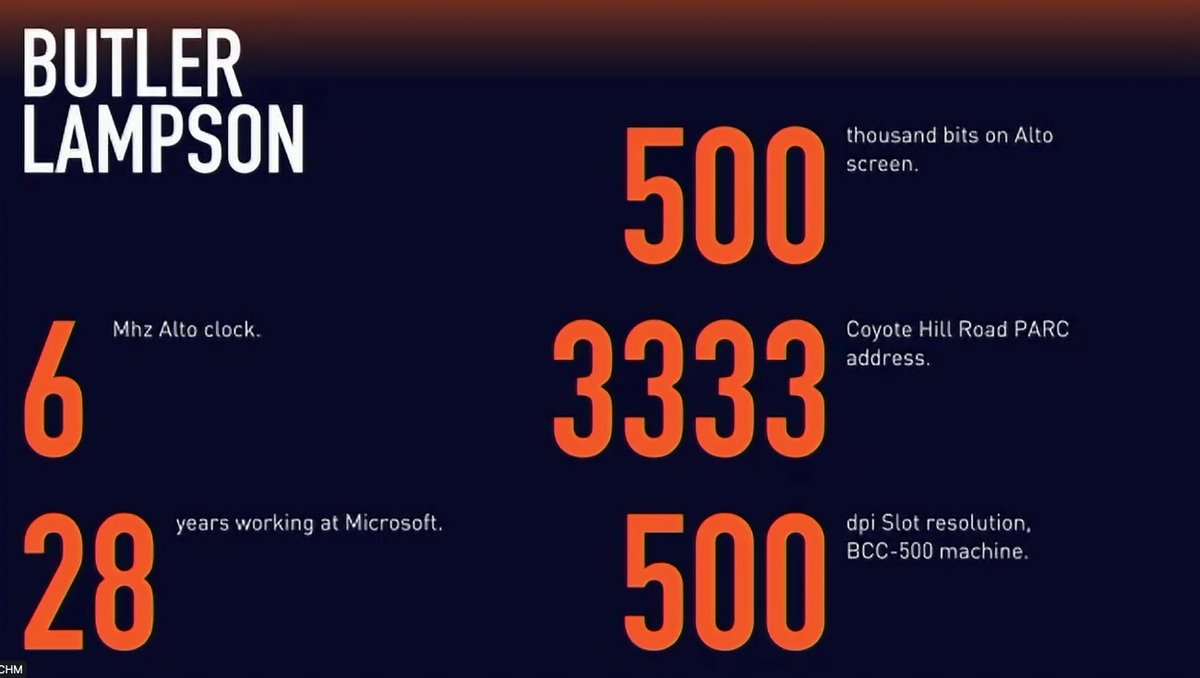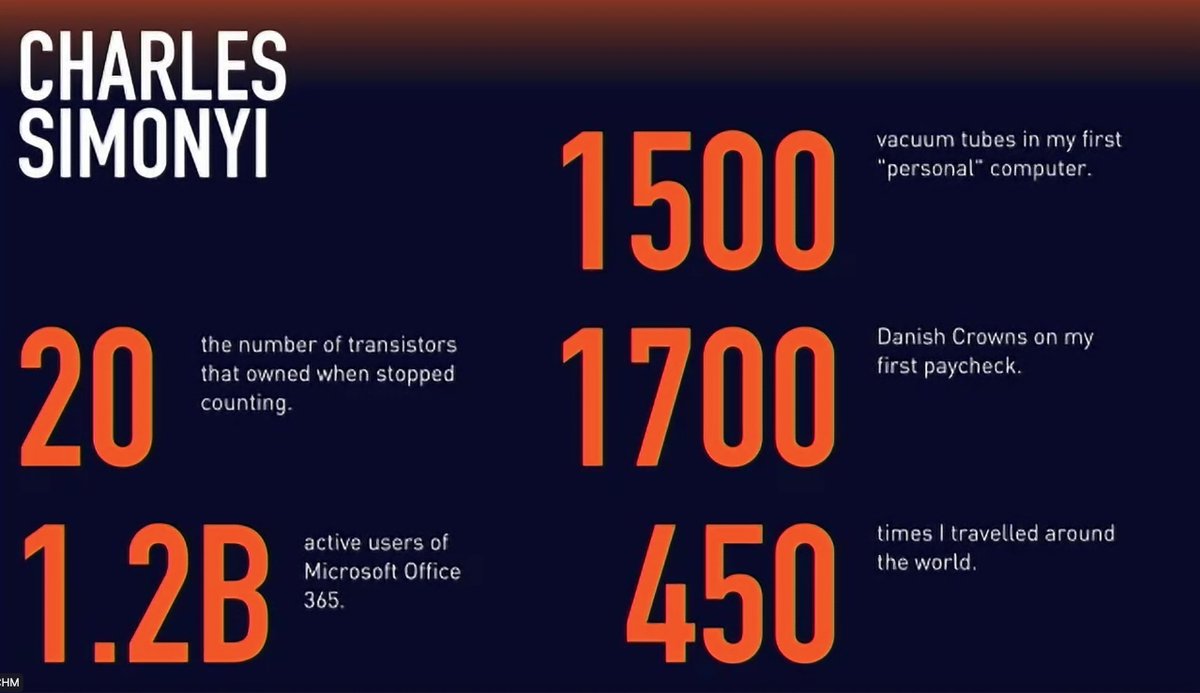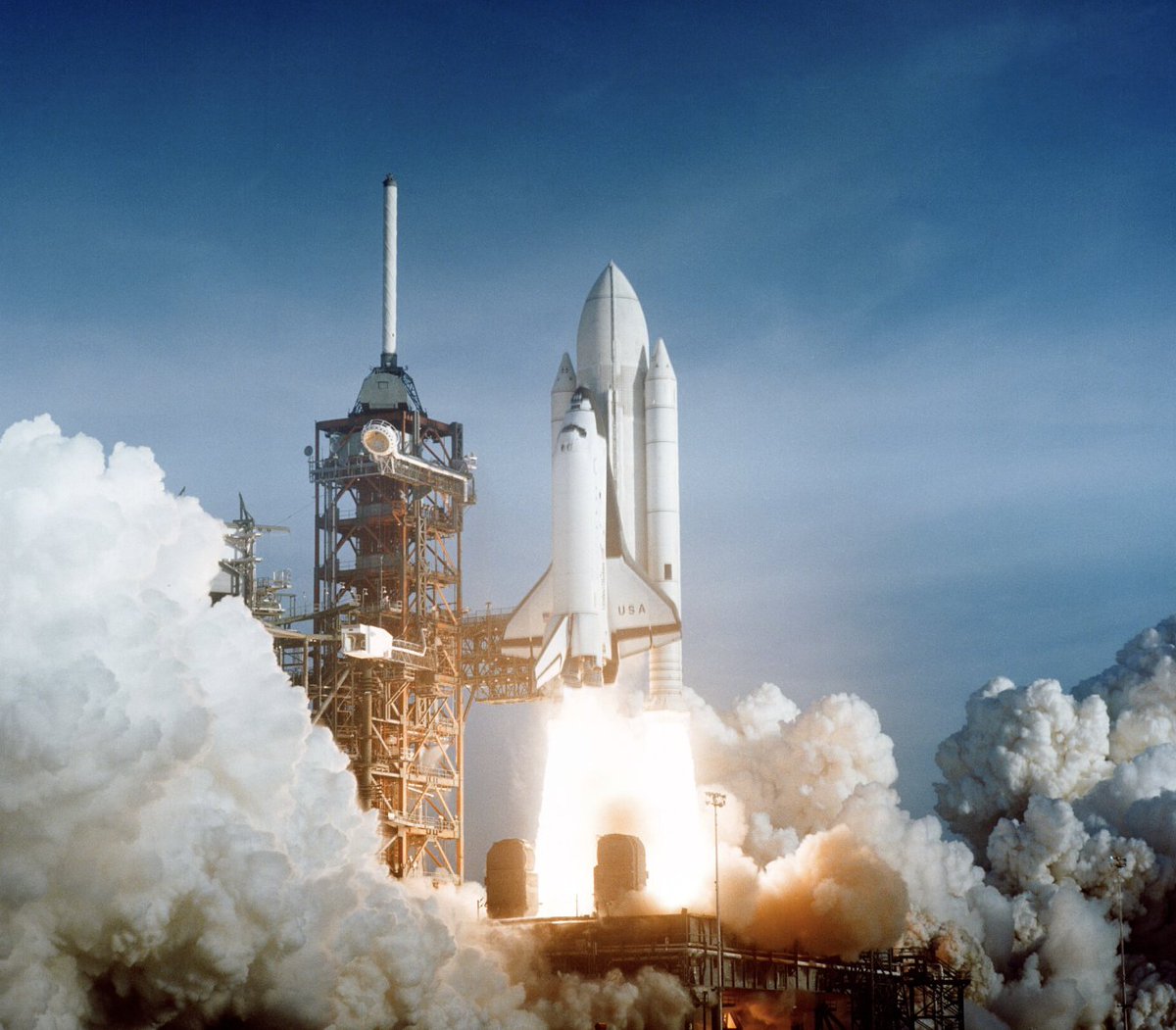Not a prediction for WWDC. But want to share what I will be looking for, IFF Apple announces a new platform and hardware. New platforms are super exciting. But a new platform from a massively established company is an extra degree of difficulty. 1/ 

2/ The an insurgent releases a new platform such as the original iPhone Google Chrome, or chatGPT, there’s nothing but upside. The risk is existential failure for the platform but not risk to a massive existing business.
3/ With an already existing platform business, launching an additional one does not happen in isolation. Instead, the new platform is all about how it connects to the existing efforts. This “synergy” can be viewed as a tax or as leverage. Just depends.
4/ When Apple released iPod the primary integration with was Macintosh, just as one would expect from a successful platform. Except Mac was so minimal that Apple famously “caved” and did iTunes for Windows.
5/ Then when iPhone came out, there was full support for Windows. But as time progressed the need for a computer went away and this was no longer a problem. Except when iPad launched it was then built on the ecosystem of iPhone apps. Synergy.
6/ By this point there were 300K apps, MFi accessories, Safari-designed sites, etc. iPad was a big iPhone. There was a lot of talk of iPad versions of apps as the iPad Pro came out. Then Pencil, etc. Developer interest not so great.
7/ The success of iPhone and the fact that most iPhone apps just worked and Apple’s own ecosystem expanding (iCloud, Apple TV, Apple Music, FaceTime, Photos, Final Cut, etc.) essentially served as a demotivator for key ISVs to commit.
8/ Real success of iPad was in vertical / professional markets where the form factor and reliability of iPadOS offered a unique and valuable opportunities. There was plenty of “oxygen” for those developers. But iPad missing those “for iPad apps” many wanted.
9/ The lack of horizontal iPad apps also shows on macOS with support for iPad apps one would have liked on Mac did not materialize. In practice, one could even say this drove even more browser focus for many apps that would have been great iPad Pro apps.
10/ Incremental cost to be designed-for-ipad was high. More challenging, broad horizontal apps (say from Google, Spotify, games, etc.) compete with excellent Apple experience on iPhone/iPad and see browser-based as having more “control” albeit less security/privacy/integration.
11/ With Apple Watch launch we saw two things. First, the platform was launched as broadly horizontal, almost like a write iPhone. It took time but over a couple of iterations the Watch turned to a focus on fitness. Huge win for customers.
12/ With that, however, Apple started supplying more and more of the software/apps. Some constraints for privacy and security required that. But the net result was the ISV/dev story for Watch support started with a checkbox from many but waned over time.
13/ What we see is Apple own expanding ecosystem can make it a tricky or potentially less interesting investment for the large Developers/ISVs. This is not about apple advantage directly as some might suggest.
14/ Instead it can be about how the next platform is designed and how internal synergy defines many interesting scenarios. There’s a lot for an established platform player to draw from within the company. There’s a demand for a interop/compatibility. PLUS one more thing…
15/ Unlike a brand new platform with no expectations, there’s huge expectations that a new platform from an established winner takes advantage of all the in-house “assets”. In a sense doing what is expected and natural might not be best.
16/ It gets even more tricky because within the company there are all sorts of pressures to take advantage of the new platform. This drives an efficiency effort across all assets and in turn this makes it more difficult as a whole to tune for a new platform.
17/ There’s few more difficult challenges than launching a new platform. Except launching a new platform as a successful incumbent. Everything that seems like an asset might also detract from making a whole new thing or attracting keen tier 1 interest.
18/ What to get a sense for:
• Will the effort to use the platform from established players be a reasonable opportunity cost? (iPad?)
• Will the scenarios shown match the scenarios iterations from now (watch)
• Will there be support from “tier 1” and/or “green field” players
• Will the effort to use the platform from established players be a reasonable opportunity cost? (iPad?)
• Will the scenarios shown match the scenarios iterations from now (watch)
• Will there be support from “tier 1” and/or “green field” players
19/ For more on what it means to successfully launch a platform and some of the challenge, see this essay “Ultimate Guide to Platforms: Patterns and Practices in the Creation, Rise, and Fall of Platforms” // END open.substack.com/pub/hardcoreso…
• • •
Missing some Tweet in this thread? You can try to
force a refresh

 Read on Twitter
Read on Twitter
















